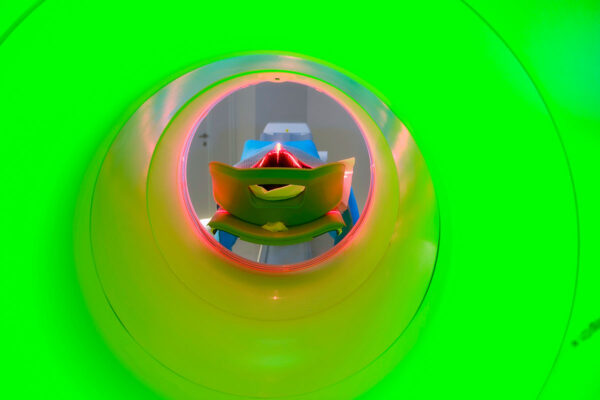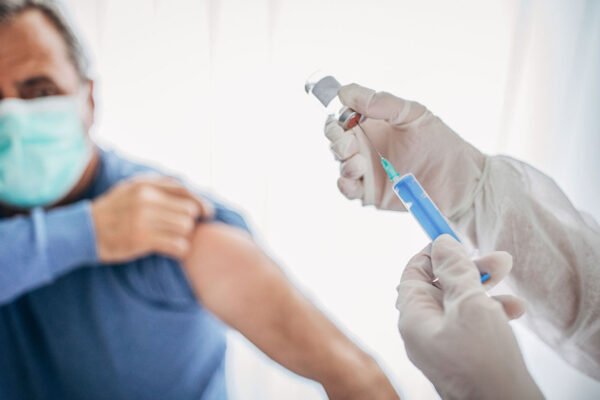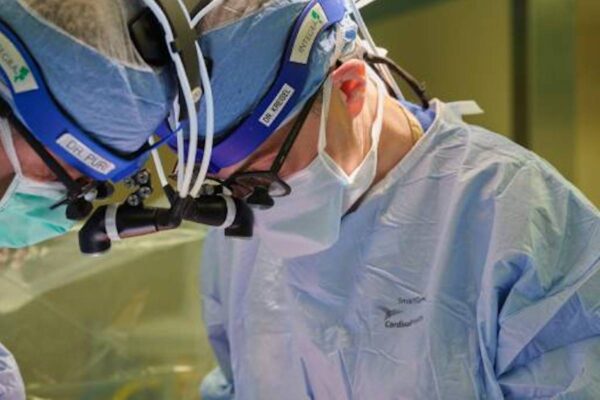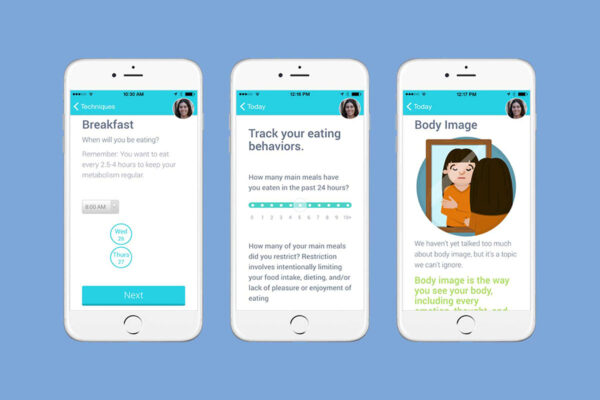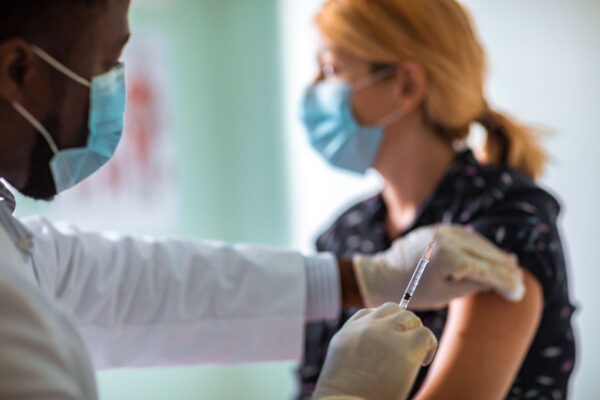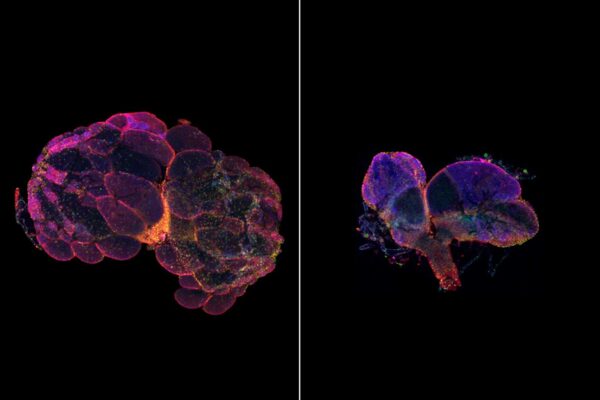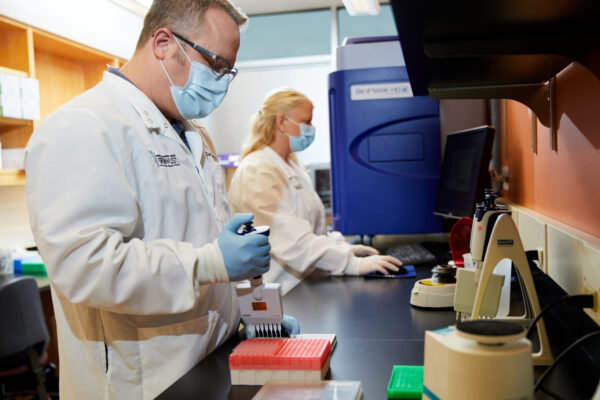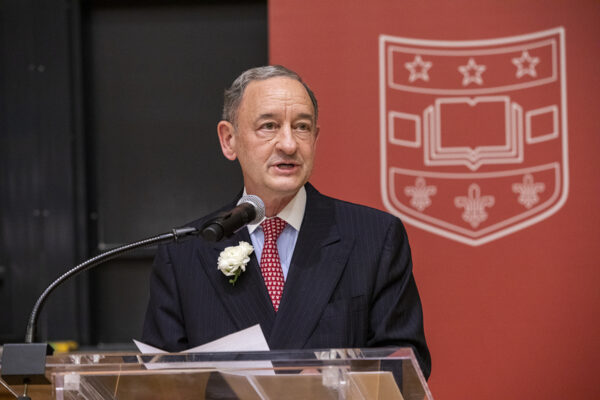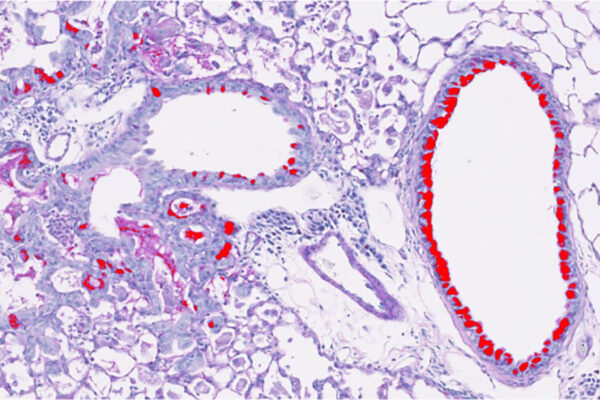Older people with early, asymptomatic Alzheimer’s at risk of falls
Older people without cognitive problems who experience a fall may have undetected neurodegeneration in their brains that puts them at high risk of developing Alzheimer’s dementia, according to a study from Washington University School of Medicine.
Imaging agent developed at Washington University spotlights inflammation
School of Medicine scientists have created a PET imaging agent that detects signs of inflammation. Such a tracer could aid diagnosis and study of diseases ranging from cardiovascular disease to cancer to COVID-19.
Global trial to test whether MMR vaccine protects front-line health-care workers against COVID-19
Washington University School of Medicine in St. Louis is the clinical coordinating center for an international trial aimed at evaluating on a large scale whether the MMR vaccine can protect front-line health-care workers against COVID-19.
$10 million in grants aimed at preventing organ rejection after transplantation
Transplant surgeons and researchers at Washington University School of Medicine in St. Louis have received two grants totaling $10 million from the National Institutes of Health (NIH) to study how immune cells contribute to organ rejection, with the aim of improving the viability of organs after transplant.
College students access eating disorders therapy via phone app
Studying college women with eating disorders, a team led by researchers at Washington University School of Medicine in St. Louis found that a phone-based app that delivers a form of cognitive behavioral therapy was an effective means of intervention in addressing specific disorders.
Study provides insight on how to build a better flu vaccine
Repeated exposure to influenza viruses may undermine the effectiveness of the annual flu vaccine. A team of researchers led by Washington University School of Medicine in St. Louis has developed an approach to assess whether a vaccine activates the kind of immune cells needed for long-lasting immunity against new influenza strains. The findings could aid efforts to design an improved flu vaccine.
Genetic mutations may be linked to infertility, early menopause
Researchers at the School of Medicine have identified a gene that plays an important role in fertility across multiple species. The study could have implications for understanding human infertility and early menopause.
Washington University develops COVID-19 saliva test
Washington University School of Medicine in St. Louis has developed a saliva-based test for COVID-19 that is faster and easier than the swab tests currently in use. The test could help simplify and expand the availability of COVID-19 diagnostic testing across broad populations.
Wrighton named inaugural holder of Wertsch professorship
Chancellor Emeritus Mark S. Wrighton has been named the James and Mary Wertsch Distinguished University Professor. The professorship recognizes his accomplishments as both a university leader and a scholar in the field of chemistry.
Drug development for severe respiratory diseases supported with $3.9 million grant
School of Medicine researchers have received a $3.9 million grant supporting new technologies and therapeutics to advance a drug to treat debilitating lung diseases, including asthma and chronic obstructive pulmonary disease. The research is led by Michael J. Holtzman, MD.
View More Stories

